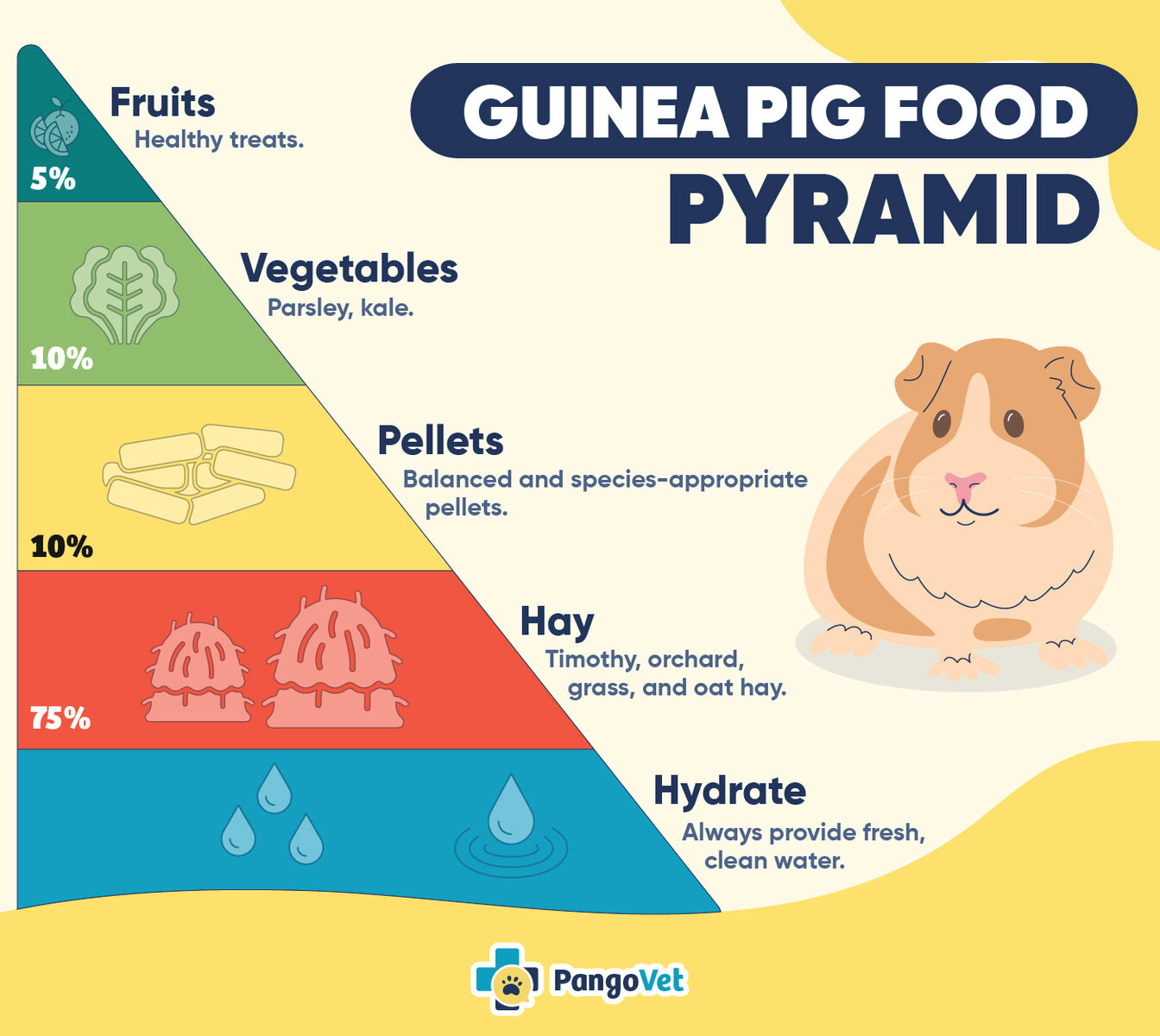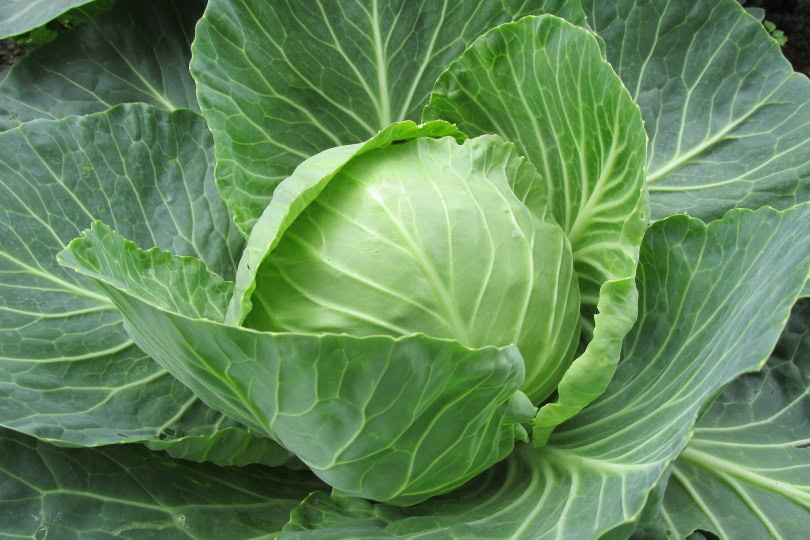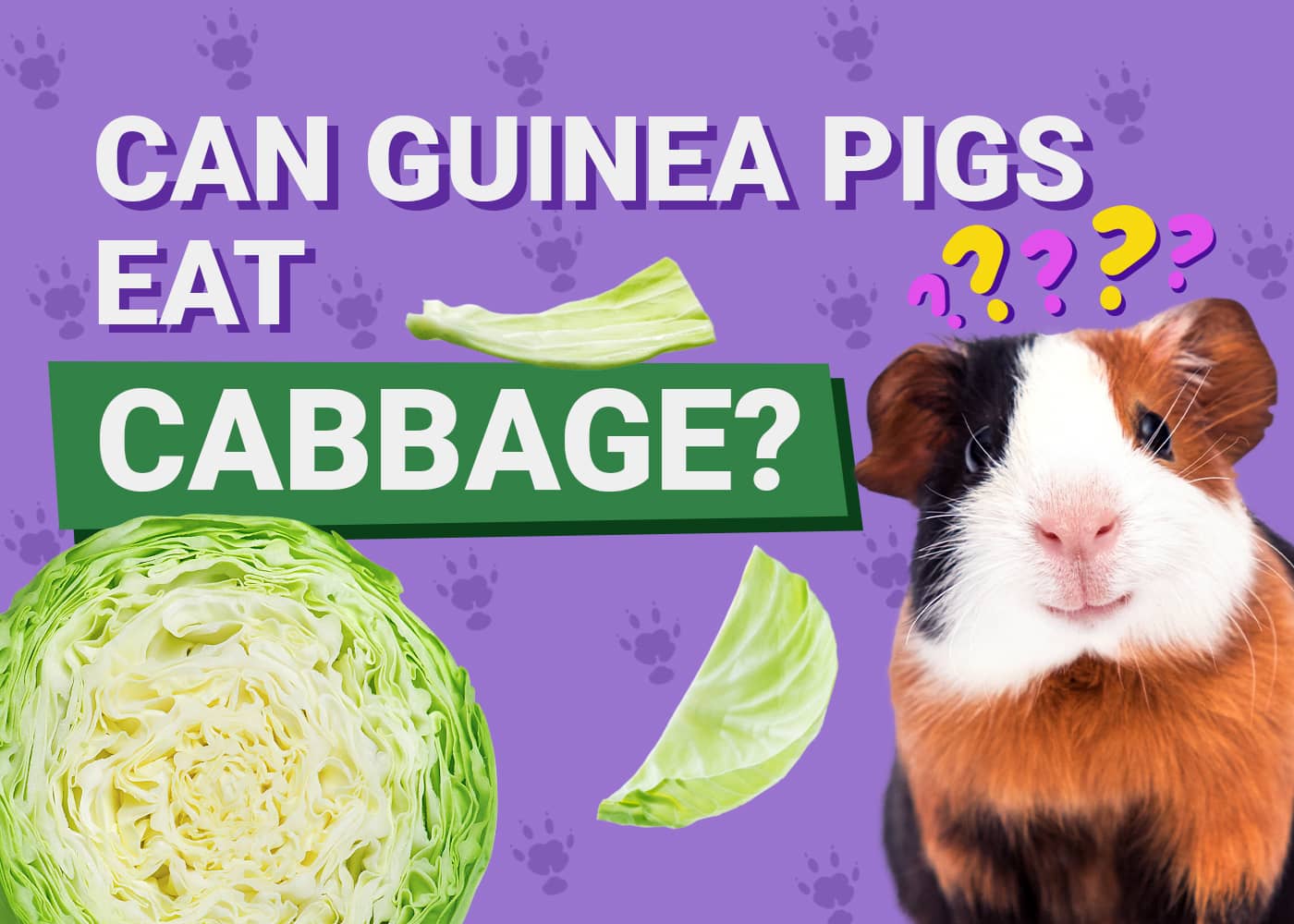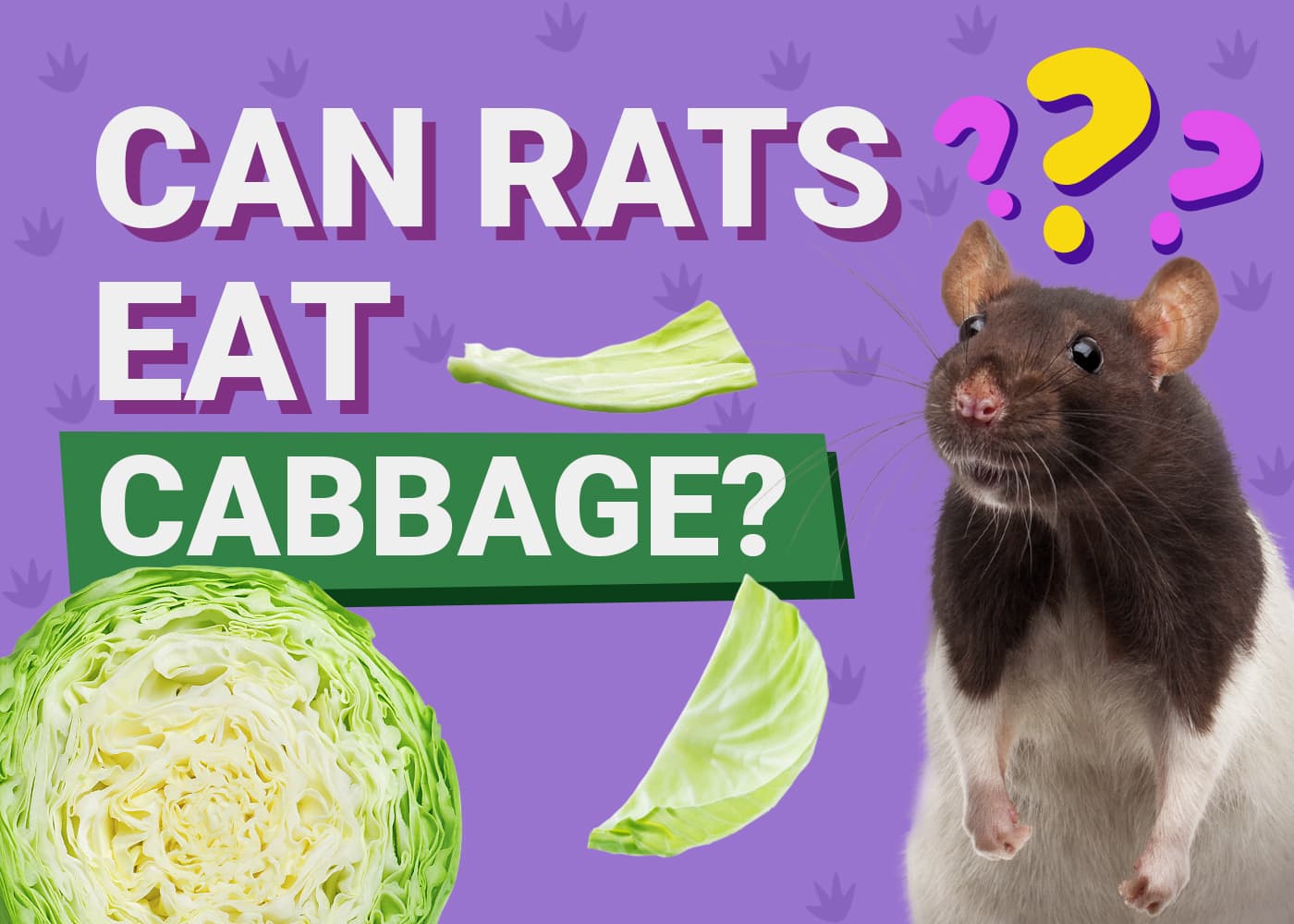If you are wondering if your guinea pig can eat cabbage, you’ve come to the right place. The short and simple answer is yes guinea pigs can eat cabbage! However, this should be fed in moderation only.
Cabbage contains several vital vitamins and minerals that are great for your guinea, and it contains the roughage they need for healthy digestion. Fresh greens in general are a great addition to your guinea’s diet but cabbage and other members of the Brassicaceae family should only be given in moderation, as when given in excess, it can lead to bloating.
Read on to find out more about the nutritional benefits of cabbage and when and how much to give your guinea pig.

What Is the Natural Diet of Guineas?
Guineas in the wild live mostly on grass, leaves, flowers, and occasional fruits and vegetables. Timothy hay is the most common food and should make up a large percentage of a guinea’s regular diet. It contains all the fiber they need for optimal digestion, and it keeps their perpetually growing teeth short. Guineas, like humans, do not make vitamin C, so they need to get it from dietary sources, and cabbage contains some vitamin C.

Different Cabbage Varieties
There are several common varieties of cabbage, all of which are safe for your guinea and have different nutritional content.
- Green cabbage. Also known as “cannonball” cabbage, green cabbage is the most common and popular variety, used in dishes like coleslaw or sauerkraut. This is the most commonly available and convenient choice for guineas.
- Red or purple cabbage. Red cabbage contains higher amounts of vitamin C, which is essential for guineas because their bodies don’t produce it, so they need to get it from dietary sources.
- Savoy cabbage. This variety is slightly milder in flavor than green cabbage and has distinctively wrinkled leaves that aren’t as crispy as other varieties.
- White cabbage. White cabbage has a slightly rubbery texture and more peppery flavor, which may not appeal to some guineas when given raw.
While these common varieties are all perfectly safe for guineas, we recommend standard green and purple cabbage because these varieties are easily available, more palatable, and richer in essential nutrients.
Health Benefits of Cabbage
Cabbage is an inexpensive and simple addition to your guinea’s diet.
- Vitamin C. Since guineas need to get vitamin C from dietary sources, cabbage is a great option because it contains about 50 mg of vitamin C per cup. It will aid in a healthy and functioning immune system and prevent disorders like scurvy.
- Low in calories. Cabbage is low in calories, meaning your guinea will get great nutritional value in this light, watery food, without the risk of getting overweight.
- Antioxidants.Cruciferous vegetables like cabbage contain antioxidants, with red cabbage varieties containing higer amounts.
- Ideal Calcium to phosphorus ratio. This ratio is 1.5:1 is great news because although cabbage is a source of calcium, the proportion with phosphorus means there is no risk of development of urinary calculi, for your Guinea Pig.
Cabbage is also packed with other nutrients, including potassium, magnesium, protein, and vitamin B6.
Health Concerns of Cabbage
When consumed in moderation, cabbage is a safe and nutritious addition to your guinea’s regular diet. That said, there are important concerns to be aware of.
- Bloat and colics are the main health concerns with cabbage. Bloat can be painful and cause constipation or even diarrhea in guineas.
The risks associated with giving cabbage to your guineas are primarily from overfeeding, so be sure to give in moderation.

How Much Cabbage Is Okay?
Most Guineas love cabbage, and if given the chance, they will eat more than their fair share. As with most things, eating too much of even healthy foods can quickly cause problems. So, how much cabbage is okay for your guinea and how much is too much?
While fresh greens like cabbage are great for your guinea, we recommend giving them only as one of the several ingredients in their multi-vegetable salad and offering it no more than a small portion two or three times a week. Any more than this can quickly result in painful digestion issues. Pieces of fresh raw leaves are best, and whole or chopped are both fine, depending on your guinea’s preference. Some Guinea Pigs prefer to be offered the whole leaves and will love munching away on the crisp fresh leaves.
The leaves should be washed thoroughly to remove any dirt or pesticides and if possible, should be grown organically. Additionally, only give them the leaves and remove the stem.
Conclusion
Cabbage is a great occasional addition to your guinea’s diet. While it is by no means a replacement for their daily diet and should be given sparingly, it does contain beneficial vitamins and nutrients that will aid in your guinea’s overall health. These include providing some much-needed vitamin C. However because cabbage just like other members of the Brassicaceae family causes excessive gas, it should only be offered in small amounts, and use other vegetables to cover the vegetable position of your Guinea Pigs’ diet which should be based mostly on grass hay and supplemented with pellets. In conclusion, yes, your guineas can safely eat cabbage, albeit in moderation. It is a safe and nutritious snack that your guineas will love.










